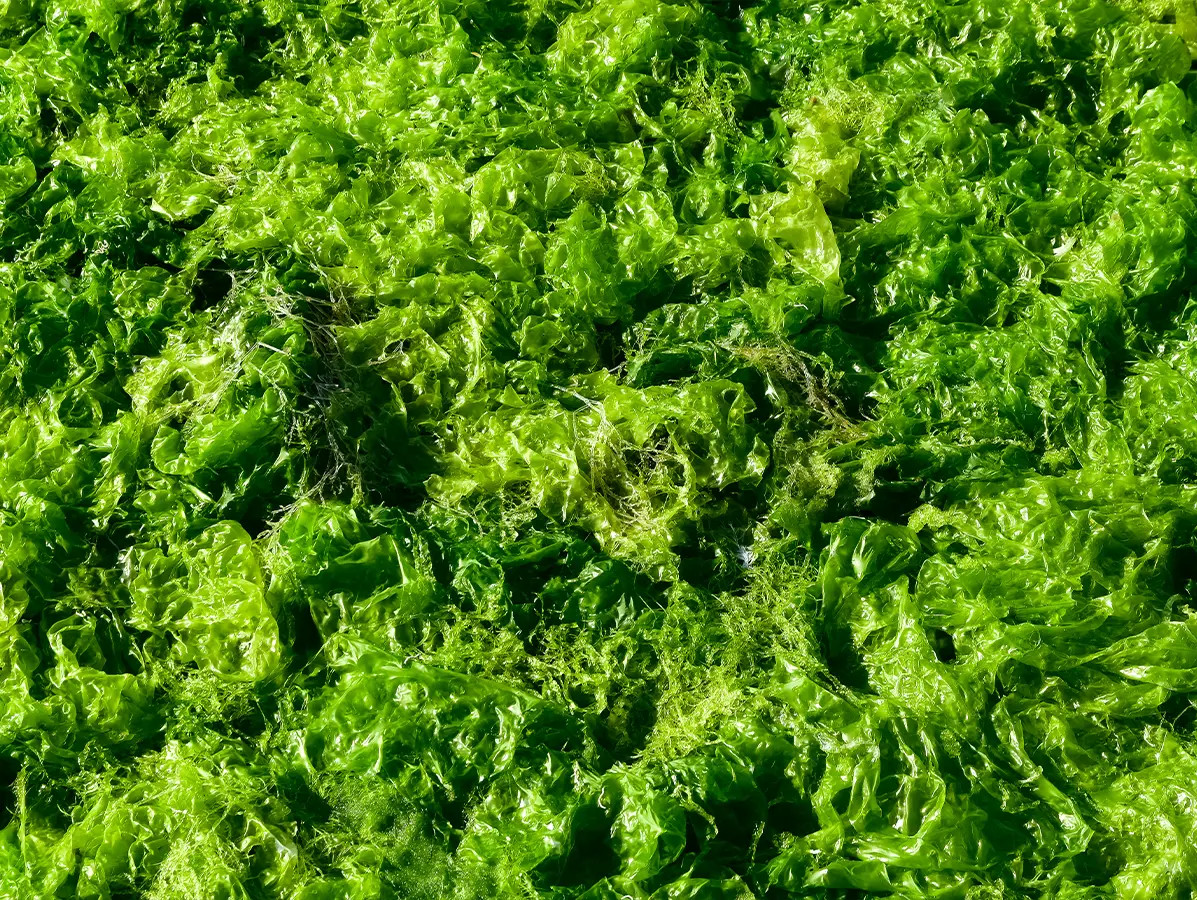
The proteins in sea lettuce, a common type of algae, offer an intriguing addition to both meat and existing alternative proteins. This type of seaweed not only contains proteins but also essential nutrients and is cultivated without the need for water, fertilizers, or pesticides. Researchers at Chalmers University of Technology in Sweden recently developed a new method that can extract protein from sea lettuce three times more efficiently than previous techniques, paving the way for products like seaweed burgers and protein-rich smoothies.
Chalmers researchers have discovered that sea lettuce has a savory umami flavor with a subtle saltiness, making it an excellent flavor enhancer for seafood dishes. They even see potential for new products like “blue burgers” and seaweed-based smoothies. The extraction method developed by the team allows for three times more protein to be harvested from the algae compared to previous methods. This development is part of the CirkAlg project, which aims to create a “blue-green” food industry in Sweden, with algae proteins playing a significant role.
In addition to proteins, sea lettuce contains other valuable nutrients, such as vitamin B12 and omega-3 fatty acids, typically found only in fatty fish. These nutrients are particularly important for those who do not consume animal products. Sea lettuce cultivation offers several advantages over land-based proteins; it requires no irrigation, fertilizers, or pesticides and grows well under varying conditions. By optimizing the cultivation process using residual flows from the seafood industry, the protein content can be further enhanced, and essential nutrients are recirculated into the food chain. Professor Ingrid Undeland, coordinator of the CirkAlg project, emphasizes that these algae-based products are not only sustainable but also open up new commercial possibilities.
Source: Chalmers University of Technology